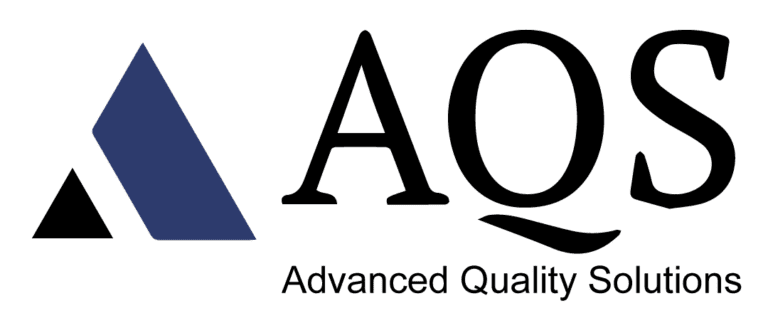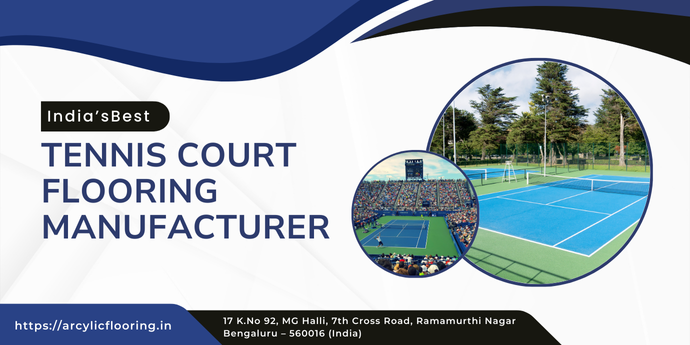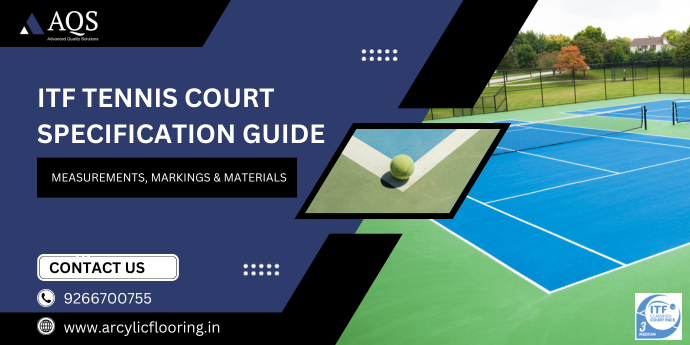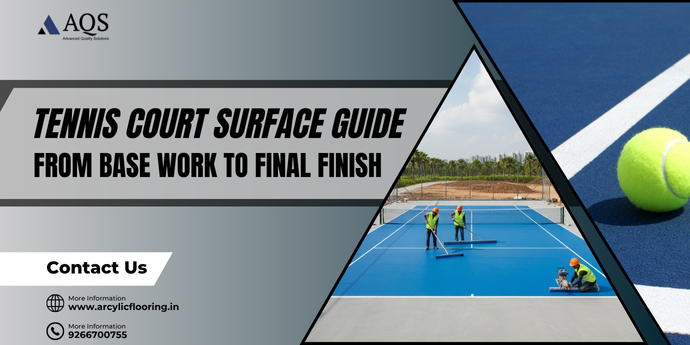Tennis has become one of the fastest growing sports in India, leading to a huge demand for tennis court construction and professional tennis court flooring across the country. From clubs to residential societies, from universities to private academies, the demand for world class tennis courts is increasing. This growth has created a parallel demand for reliable tennis court builders and durable tennis court material that not only meet international standards but also withstand the Indian climate.
The quality of tennis court surface material directly impacts game performance, player safety and long term durability. For decision makers—whether academies, schools or private investors—the tennis court construction cost and the choice of manufacturer decides whether the court becomes an asset or a liability.
In this competitive landscape AQS has positioned itself as one of India’s most trusted and certified tennis court manufacturers. With advanced acrylic technology, certified raw materials and pan India reach. AQS offers the same premium quality as other tennis court construction companies but with a sharper focus on affordability, service and trust.
Why Does Tennis Court Flooring Matters?
Player Safety & Performance
The tennis surface is not just about looks—it decides ball bounce, traction and player movement. A poorly designed court with low grade tennis hard court material can lead to unpredictable bounces and even injuries due to uneven grip. AQS’s certified acrylic systems ensure consistent ball response and player comfort, a court that both beginners and pros enjoy.
Durability in Indian Climate
India’s climate is tough: intense UV rays, heavy monsoons and extreme temperature fluctuations. Clay or grass courts require heavy maintenance, while synthetic tennis court material like acrylic flooring from AQS is UV resistant, weatherproof and designed to handle Indian conditions year round.
Cost Efficiency
Cheap flooring may save money upfront but requires frequent tennis court resurfacing or repairs which increases costs in the long run. AQS delivers durable acrylic flooring with minimal maintenance needs, strikes the balance between cost of building a tennis court and long term savings.
What are the Types of Tennis Court Flooring in India?
Clay Courts
Clay courts are traditional surfaces, very popular in Europe and Latin America. They are slow in pace, resulting in longer rallies and tests a player’s endurance and strategy. While clay surfaces are good for consistency and stamina, they have a major drawback in the Indian context. Clay needs daily watering, brushing and rolling to be playable. Given India’s harsh summers, water scarcity and heavy monsoons, clay courts are difficult and expensive to maintain, making them impractical for schools, academies or housing societies, especially when considering the cost of tennis court.
Grass Courts
Grass courts are iconic because of Wimbledon but are one of the least sustainable tennis court types in India. Grass demands constant upkeep—watering, mowing and rolling—to be playable. In Indian conditions, grass wears out quickly, loses its even bounce and becomes unsafe without daily care. And the high cost of tennis courts with grass makes it an impractical choice for long term use in academies, residential complexes or public facilities.
Hard Courts
Hard courts are made by laying a strong asphalt or concrete base and then finishing with acrylic coatings. They are very durable, medium to fast in pace and are considered one of the most reliable surfaces for consistent bounce and grip. Globally hard courts are the most popular surface, many international tournaments are played on them. In India too, most professional facilities, private academies and institutions prefer hard courts because of the balance between affordability, durability and performance. AQS also specializes in asphalt tennis court construction making it easier for clients to build durable courts.
Synthetic Acrylic Courts
Synthetic acrylic courts have become the preferred choice in India, combining global standards with local practicality. Offered by AQS, these courts are designed to withstand the extremes of Indian weather—sunny days, heavy rains and dusty conditions—without losing quality. They are low maintenance, so owners don’t need to invest heavily in daily upkeep. And AQS acrylic surfaces are ITF certified, so the courts meet international standards for ball bounce and player safety. Besides performance, synthetic acrylic courts are more affordable than grass or imported flooring systems. AQS adds value to this by offering durability, comfort and certified quality at competitive rates and wider service access across India. For those looking for a tennis court near me or tennis court resurfacing products, AQS has ready solutions pan India.
What Sets AQS Apart from Others?
Trusted & Certified
One of the biggest advantages of AQS is its certification and global compliance. The flooring systems are made from ISO certified and ITF classified materials so the courts meet international performance standards. For clients, this means a lot of trust and confidence that their tennis court will perform consistently, will be safe to play and will be in line with the same standards used in international tournaments.
Superior Technology
AQS combines innovation with durability through its advanced acrylic technology. Clients can choose between 5 layer and 8 layer acrylic systems depending on budget and performance requirements. The multi layer systems provide excellent shock absorption, reduce surface stress and extend court life. The cushion coats add an extra layer of comfort by reducing impact on knees and joints – an essential feature for schools, housing societies and tennis academies training young players. AQS courts are built with UV and weather resistance so the surfaces remain vibrant, crack free and safe even under Indian summer sun and heavy monsoon rains.
Customization & Design
AQS knows every tennis court is unique whether it’s for a residential society, university or a professional academy. To make each project stand out AQS offers a wide range of customization options. Clients can choose from multiple tennis court coating material palettes and enhance the surface with logos, branding or custom line designs. So the courts are not only high performing but also visually appealing and in line with the identity of the institution or facility.
Pan India Reach & Dealer Network
While other tennis flooring companies showcase the scale of their projects. AQS stands out with its focus on personalized service across India. From large Tier 1 cities to small towns, AQS provides end to end support that includes tennis flooring materials delivery, professional tennis court installation and reliable after sales service. This wide dealer network ensures that no matter where the project is located, clients get consistent quality and timely support. This makes AQS apart from other sports flooring manufacturers who cater to metro centric projects.
Whether clients search for tennis court construction near me or tennis court companies near me AQS delivers solutions across India.
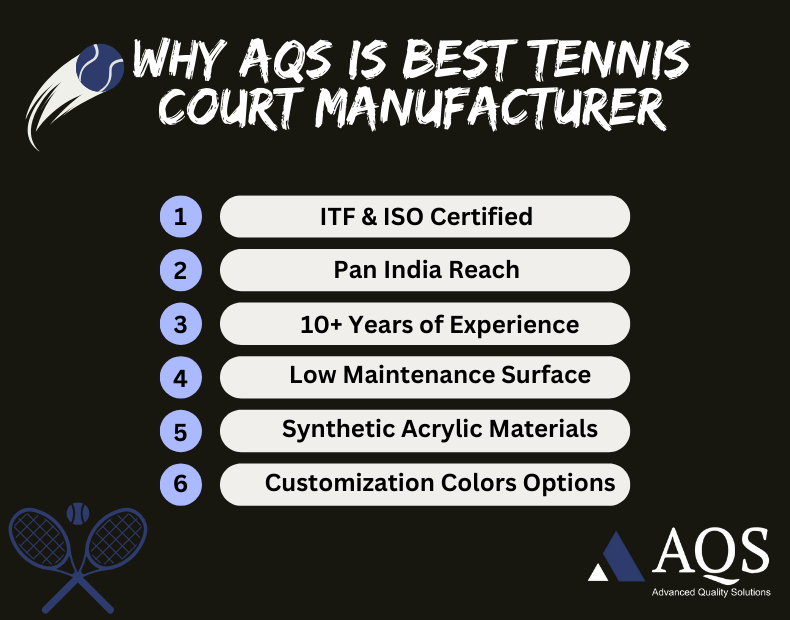
Tennis Court Construction Process with AQS
Building a tennis court requires precision, and expertise to international standards. AQS follows a step by step certified tennis court construction process to ensure every project delivers professional results and reduces the long term tennis court construction cost.
Site Inspection & Consultation
The process starts with a site inspection where AQS installers assess the available space, type of base and the specific requirements of the client. This stage is critical to understand the drainage needs, tennis court base construction, and court orientation. A thorough consultation ensures the project is tailored to meet performance expectations and budget.
Base Preparation
A solid base is the backbone of a strong tennis court. Our installers lay bases with asphalt or concrete depending on the site conditions and client preference. Proper base preparation ensures stability, prevents cracks and provides a base for multiple acrylic layers. This step ensures the court can withstand heavy usage and Indian climate.
Application of Acrylic Resurfacer
Once the base is ready, an acrylic resurfacer is applied to smoothen the tennis surface. This layer removes imperfections, enhances grip and makes the base uniform. It prepares the court for the subsequent layers which will define comfort, bounce and aesthetics.
Cushion & Color Coating
The next step is the application of multiple cushion and color coatings. Cushion layers are designed to absorb shock, reduce impact on players’ joints and minimize fatigue during long games. Color coatings not only provide vibrant and long lasting finishes but also improve traction and visibility. AQS has a wide range of tennis court colors, so clients can customize the look of their courts while maintaining world class playability.
ITF-Standard Line Marking
Accurate line marking is crucial to maintain fairness and professionalism in the game. AQS marks ITF-standard lines with precision. So the dimensions meet global regulations. This ensures playing tennis court surfaces that match international tournament standards.
Final Quality Check
Before handing over the court, AQS does a thorough quality check. Experts test bounce consistency, surface smoothness and durability to ensure the court is match ready. This final step reflects AQS’s commitment to deliver courts that not only look great but also perform flawlessly.
By following this systematic and certified process, AQS ensures every tennis court installation meets international standards and local conditions, so clients can have peace of mind and players a world class sporting experience.
Tennis Court Flooring Cost in India
The cost of tennis courts in India can vary. And understanding these variables helps clients to get the right balance of quality, durability and budget. Tennis court size plays a big role, a full sized tennis court (78 ft x 36 ft) requires more material, labor and preparation than a half tennis court built for recreational use or for those looking to build a tennis court in backyard. The choice of flooring system also impacts the pricing, a 5 layer acrylic system is more affordable and suitable for community courts. An 8 layer acrylic system though costlier provides more comfort, durability and shock absorption and is ideal for professional academies.
Additional features like lighting, fencing, seating or branding adds to the cost but improves usability and aesthetics. Finally logistics and labor cost varies across regions, urban projects require a higher budget for skilled labor and remote projects incur higher transportation cost.
Why Choose Us?
| Feature | AQS |
| Certifications | ITF & ISO compliant |
| Technology | 5 & 8-layer acrylic systems |
| Eco-friendly | Low VOC, sustainable |
| Customization | Colors, logos, branding |
| Pan-India Service | Available nationwide |
| Warranty & Support | 3 Years Warranty |
AQS delivers the same global standards as others but goes further by combining certifications, affordability, eco-friendliness and nationwide personalized service.
Case Study:
Building a Certified Tennis Court for a Leading Academy in North India
Client Background
A leading tennis academy in Lucknow, Uttar Pradesh wanted to upgrade its existing clay court to a more durable professional surface. The academy trains over 200 students every year including young players preparing for national level tournaments.
Challenge
The clay court required daily maintenance and would become unplayable during the rainy season. Students were struggling with inconsistent bounce and the academy wanted a solution that was certified, weather resistant and low maintenance, all within a fixed budget.
Solution by AQS
AQS recommended an 8 layer synthetic acrylic system to ensure superior comfort, shock absorption and consistent ball bounce. The project started with a site inspection and removal of the old clay base, followed by construction of the tennis court with a new concrete foundation with proper drainage to withstand heavy rains. Once the base was ready, an acrylic resurfacer was applied to get a smooth uniform surface. This was then layered with multiple cushions and color coats to provide player comfort and aesthetics.
To meet global standards, AQS added ITF standard line markings so the facility could host training and competitive matches. Finally a quality check was done to ensure bounce consistency, surface smoothness and long term durability before handing over the court.
Conclusion
Tennis in India is not just about developing talent but also about creating world class courts that meet international standards, and flooring is the backbone of every facility. Only trusted and certified manufacturers can provide the long term value that academies, schools, housing societies and private investors need. With ITF and ISO certified materials, multi layer acrylic technology, nationwide reach and competitive pricing, AQS is India’s most reliable tennis court flooring manufacturer.
If you are looking for a certified, durable and long lasting court solution that combines performance, safety and affordability, AQS is the partner you can trust.
Frequently Asked Questions
Synthetic acrylic flooring is best in India due to its durability, low maintenance, and ITF certification. AQS provides premium multi-layer acrylic systems.
AQS offers certified materials, advanced technology, nationwide service, and warranty support, ensuring more value than premium-only brands.
The ITF’s Court Classification places surfaces in five categories (1–5: slow → fast) based on a lab-tested Court Rating. It helps buyers pick a speed profile materials.
AQS is the best tennis court manufacturer. Because it uses ITF-classified and ISO-certified acrylic materials, advanced 5-layer and 8-layer systems, and provides nationwide materials delivery with warranty-backed support. This ensures world-class performance with long-lasting durability.
The official tennis court dimensions area is 23.77 m × 10.97 m (doubles), plan for a total area ~36.58 m × 18.29 m (120 ft × 60 ft) including run-offs for safe play.
Industry/ITF guidance allows a single-plane crossfall with max ~0.83–1% and perimeter drainage to prevent ponding and subgrade damage.

